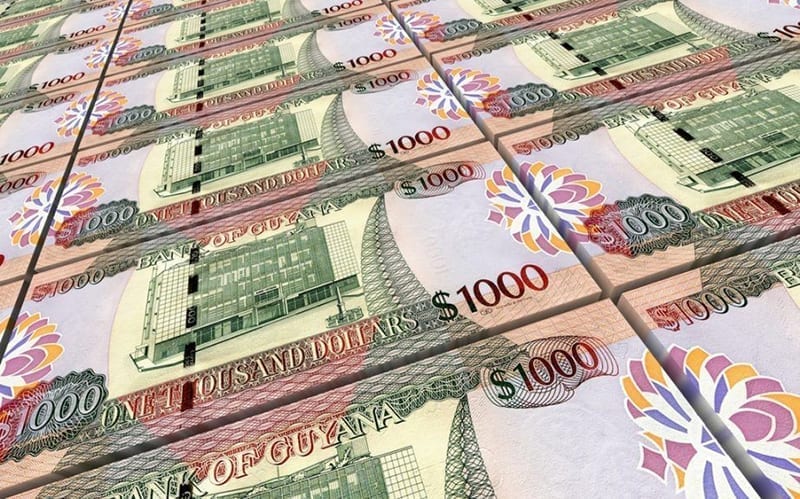The Natural Resources Fund – Guyana’s version of a Sovereign Wealth Fund – could bring immense benefits to the country in the management of its oil revenue but the Natural Resources Governance Institute (NRGI) is warning that a poorly conceived fund is worse than not having one at all.
NRGI is an independent international organization headquartered in New which aim to help people realize the benefits of their countries’ endowments of oil, gas and minerals. The organization recently conducted a review of the Green Paper released by Guyana’s Ministry of Finance on the soon to be established Natural Resources Fund. The analysis urges the country’s officials to address underlying weaknesses in the fund’s design to maximize its effectiveness.
“Guyana has a one-time opportunity to transform its oil wealth into well-being,” said co-author and Natural Resource Governance Institute consultant Andrew Bauer. “But this requires getting the Sovereign Wealth Fund rules right.”
Guyana would be following in the footsteps of other regional oil producers such as Colombia, Trinidad and Tobago and Venezuela in creating a special fund to manage oil wealth if policies outlined in the Ministry of Finance’s “Green Paper are implemented.
Special funds like the one Guyanese officials are considering have been used to prevent harmful boom-bust cycles and save oil money for future generations.
But NRGI experts say a poorly conceived fund can leave a country worse off than not having a fund at all, especially if fund managers invest in risky assets, fail to mitigate the negative effects of oil revenue volatility, or prevent debt crises.
In their discussion of the government paper, NRGI analysts commend the Ministry of Finance for a sturdy policy grounding, especially the suggested bureaucratic structure for the fund. They also congratulated the government for public consultation prior to establishing the fund.
At the same time, the authors of the NRGI analysis urge officials to address significant underlying problems with the proposed fund design. Chief among them are rules governing how much money enters the fund and how much the government can withdraw for budgetary spending. Under the government proposal, a portion of the country’s oil revenue would be saved in the fund, though the government would still be allowed to borrow.
“Guyana could end up in a situation where it is saving money and earning low interest while it borrows at a higher interest rate,” said NRGI co-author Andrew Bauer. “And in this way, the country ends up losing money.”
He and his co-authors say that the proposed rule is unlikely to smooth government spending and does not constrain overall expenses. The government could over-borrow based on the prospect of large oil revenues, which are a decade away.
“Borrowing on the back of future natural resource revenues is a big risk for new oil producers like Guyana,” said NRGI senior economic analyst David Mihalyi. “We have seen this ‘presource curse’ lead to accumulation of unsustainable debt followed by economic crises in several countries, including Ghana, Mongolia and Mozambique.”
The NRGI analysts also encourage the government to strengthen its rules around how money in the fund can be invested. The government proposal already incorporates important elements, such as a list of eligible investments and a rule that the fund can only invest abroad. However, Bauer, Mihalyi and co-author Fernando Patzy stress the need for rules to prohibit purchases of particularly risky assets, such as commodities and derivatives, as well as strictly constraining and overseeing asset managers.
“It is not too late to make sure that happens,” Bauer said.



